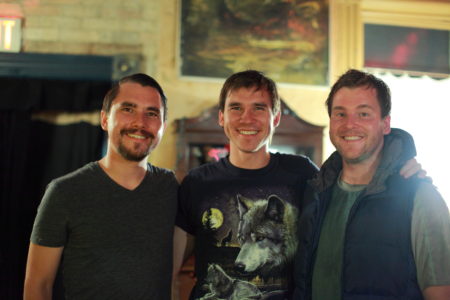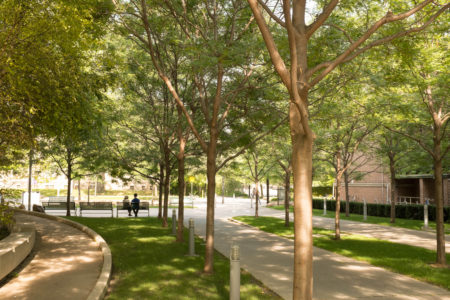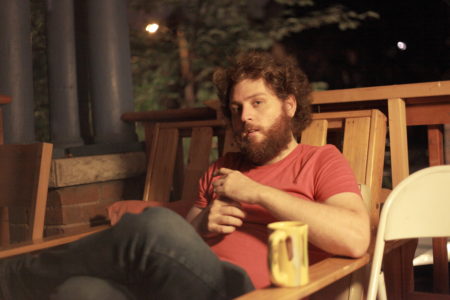Conversing with my friend Nada about in-group dynamics, the psychological property of agreeableness, and group cohesion, she raised the matter of the difficult psychological disjoint between the change which activists desperately desire in the world and the practical realization that they generally aren’t achieving it. There have been moments of triumph for some social justice campaigns (enfranchisement of women, gay marriage, banning leaded gasoline) but most activists at most times have not experienced major policy change of the sort they are seeking.
When confronted with this ineffectiveness, people are provoked to respond emotionally and also (somewhat separately) to consider their situation analytically. Emotionally, frustration, anger, and self-righteousness may be the inputs from which defence mechanisms emerge or are maintained. Analytically, an activist in an ineffective campaign may be driven to consider how their movement or situation differs from others that seem more capable of affecting policy outcomes. Activist organizations tend to be informal, volunteer driven, with high turnover in people involved, few accountability mechanisms, and with modes of democratic decision-making which may seem to both produce poor decisions and leave people feeling unhappy. They are often up against status quo opponents with paid professional staffs, more formal decision-making structures which are more often seen as legitimate by insiders, money, and privileged contact with policy makers. The contrast can leave activists both dispirited and despairing about their odds of success.
These unpleasant feelings arguably flow from a faulty assumption which is nonetheless tied to the very idea of being an activist: the belief, or at least the hope, that you can actually make a difference. For a problem as massive as climate change, there is no necessary reason to think that non-violent grassroots organizing can change enough behaviour globally to avoid the outcomes which we most fear. Similarly, there is no reason to think that a hierarchy-based or violent approach would necessarily be effective.
Psychologically, this also seems tied to cognitive dissonance, which I think is most meaningfully defined as a situation in which a person’s beliefs and behaviours are contradictory, and where the tendency is most often for them to adjust their beliefs to match their behaviours than to do the converse. If the behaviour is ‘doing activism’ and the belief is that this will change the world, at least a little bit, we can ponder the psychological response to being shown that your belief isn’t presently well supported. It may be rational to try something else (go and join the civil service, run for political office, try to influence people through your writing, become a charismatic leader in a new organization), and at least some of the time people do these things. More often, perhaps, the response is to find a way to believe that you are making a difference, perhaps by ‘raising awareness’ or something equally woolly and intractable. Another option is either a secular or theological faith that somehow in the long term the success you seek will be achieved (“the arc of the moral universe is long, but it bends towards justice”). It’s clear why this works as a psychological defence mechanism, since it mitigates the despair of seeing the threat that motivates you alongside little or even negative progress away from disaster. What’s less clear is whether such psychological defence mechanisms are effective in terms of maximizing the odds that your campaign actually succeeds by encouraging smart choices, effective teamwork, and other practical inputs to success.
I don’t think the question of how activists should confront ineffectiveness has a clear answer. Personally, I think ‘the power of positive thinking’ is dangerous nonsense that probably reduces most people’s odds of success in most situations (though it is likely better than utter despair, if that’s your only other option). Perhaps something like an emotionally-aware version of the rational ideal is possible: a hybrid mode of self-consideration in which you both recognize the psychological bases which are necessary to keep going as an activist, while also remaining capable of dispassionate consideration of which options for behaviour are actually open to you and whether any of them can advance your cause. As mentioned already, it’s totally logically possible that no political movement can prevent absolute climate change catastrophe at this point. Whether or not that’s true, however, for those who are determined to fight on, some sort of psychologically-aware strategic planning seems like a not-entirely-impossible objective.
A further challenge is applying any such model of personal reflection in the social context of an activist organization. For example, presenting totally valid and well-justified points made about strategy may undermine social cohesion to the extent that the group becomes ineffective or falls apart. At the root, activists collectively involved in a campaign are allies rather than friends and must somehow maintain healthy relations as a route to collective effectiveness. Pulling this off while everyone is erecting and reinforcing personal defence mechanisms, and while huge uncertainties about which courses of action offer the best chances of success, is a challenge of such a magnitude that it may itself contribute to how rarely activists achieve meaningful and durable progress.






